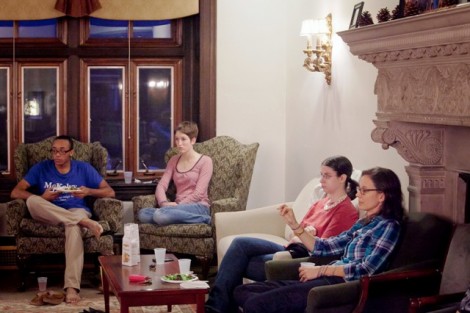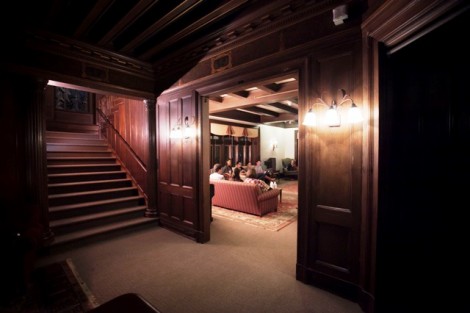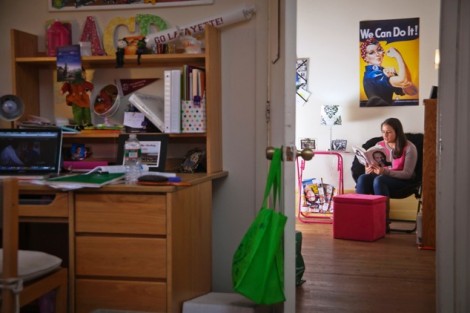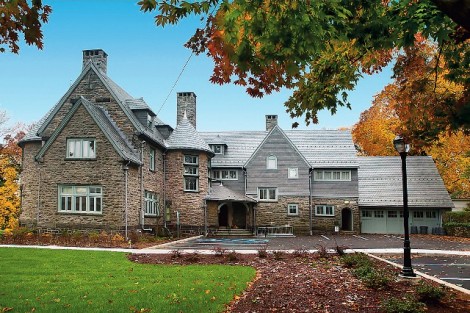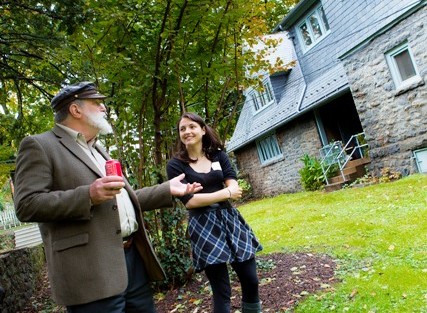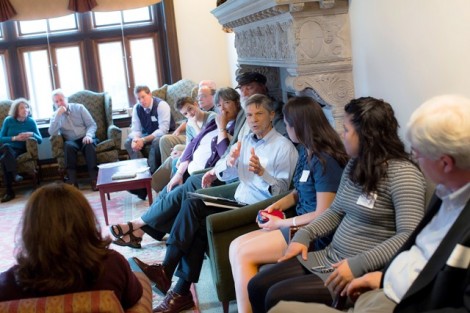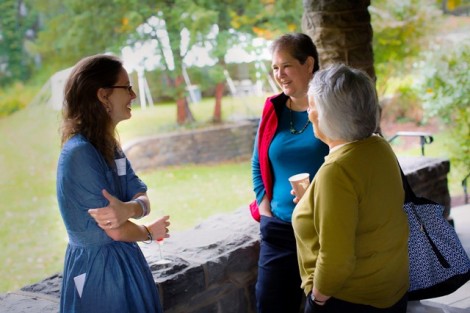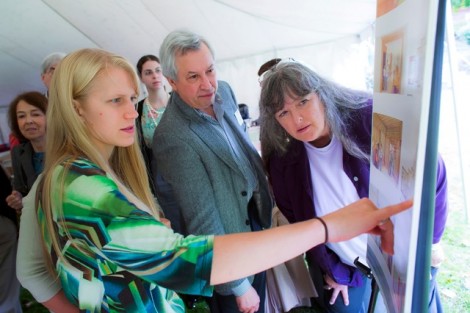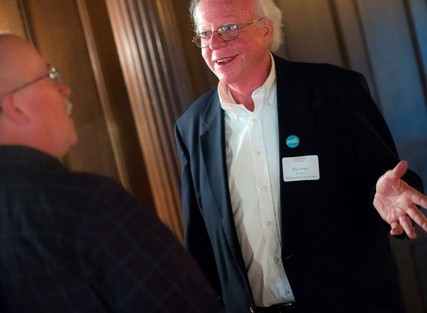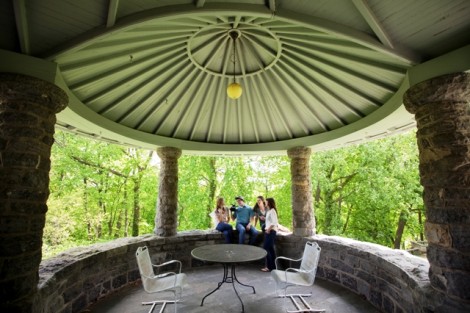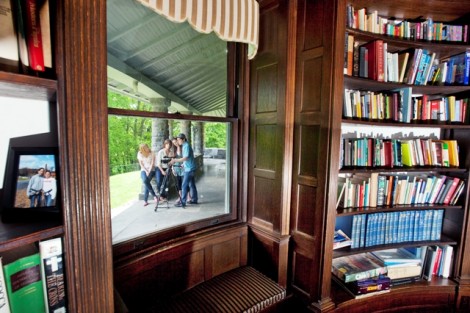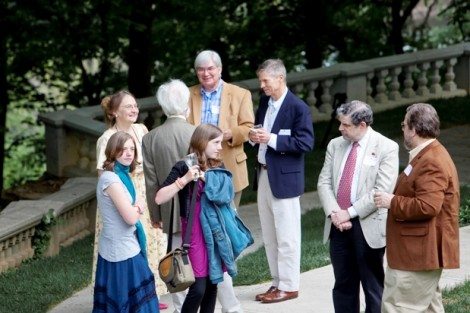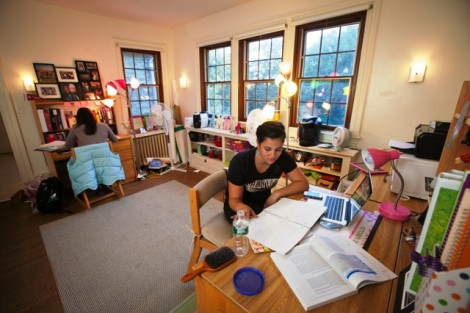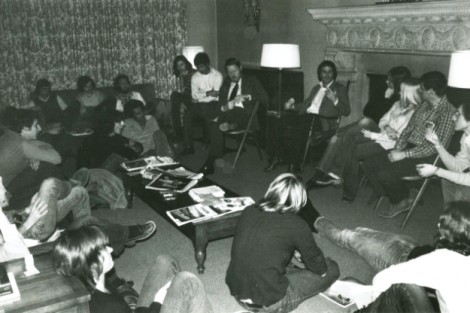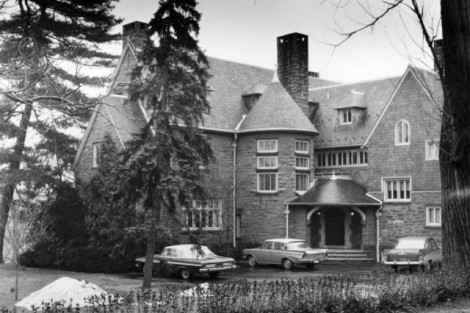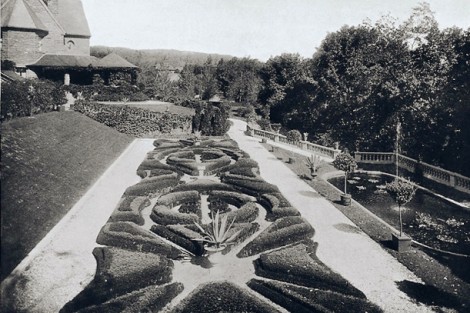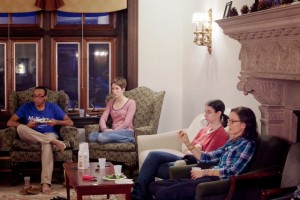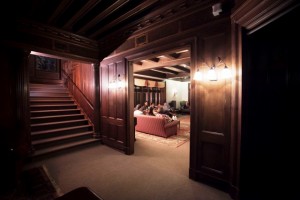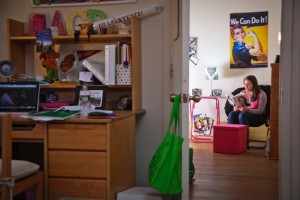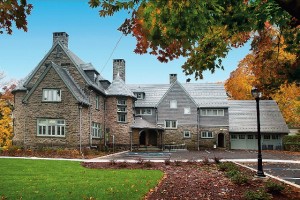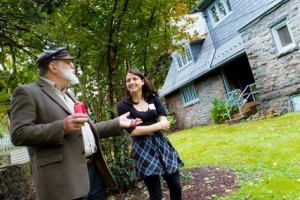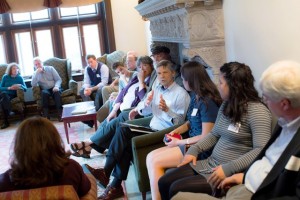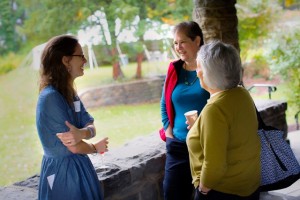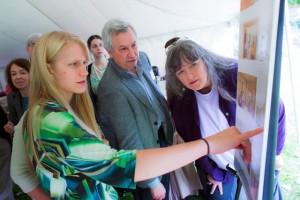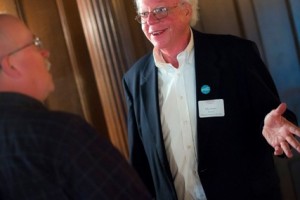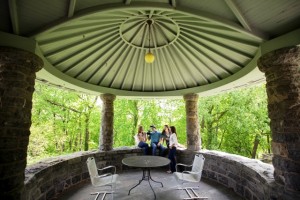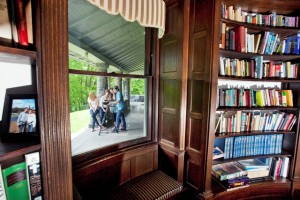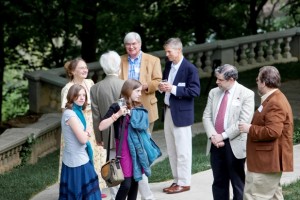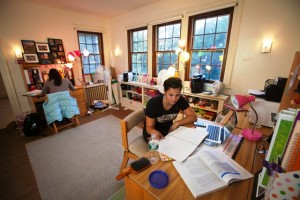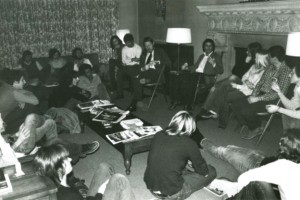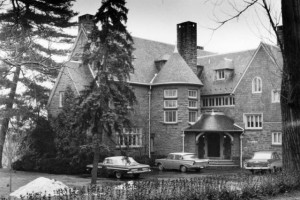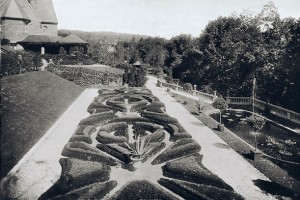Designed by the renowned architectural firm McKim, Mead & White, McKelvy House , or “Oakhurst” as it was originally named, was built in 1888 as a wedding present from John Eyerman, lecturer in mineralogy from 1888 to 1891, to his bride Lucy Maxwell. The granite mansion was purchased by Lafayette Trustee Francis G. McKelvy in 1914 and later donated to the College and converted to honors housing in 1962.
The building serves as the home to the McKelvy Scholars program an application-only living community. Housing 21 students from diverse majors and backgrounds, the program fosters intellectual discourse, personal growth, and community engagement. The hallmark of McKelvy is its student-run Sunday night dinner discussions.
View more images of Mckelvy on Flickr
Biology major Kyle Tucker ’14 says his time in McKelvy has made him a better communicator and leader.
“I’m more passionate about philosophy, about causing critical thinking,” says Tucker, who argued at a Sunday discussion that malaria deserves more support than breast cancer because it kills more people. “I was a normally quiet person before I joined the program; now, I talk even when I don’t feel like talking.”
Lafayette marked the 50th anniversary of the program and the 125th anniversary of McKelvy House with a celebration during last year’s Homecoming weekend. To continue the celebration, the theme for the fall 2012 semester was “The Road Less Traveled.” Students pick the topic for the week and sit in the large living room to talk and debate.
“I want students to be passionate about their topics, to understand why others are passionate, to have articulate disagreements, to take ideas in new directions,” says McKelvy faculty adviser Caroline Lee, assistant professor of anthropology and sociology. “I want them to get them used to awkward silences, to realize it’s okay if they fail sometimes. For two hours each week they’re not all texting; they’re not all emailing. They’re all present.”
